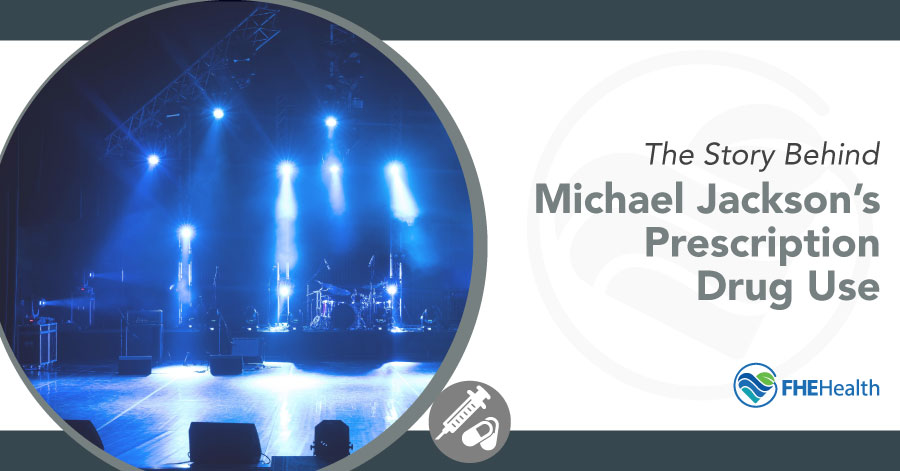
Dubbed the “King of Pop,” Michael Jackson is recognized as one of the greatest cultural icons of the 20th century. He earned hundreds of awards over his career that spanned four decades, including 13 Grammys, 86 Billboard Awards, 85 MTV Awards, eight World Music Awards, and 13 number-one singles on the Billboard 100, more than any other male artist to date. He holds 31 Guinness World Records, including Best Selling Album in History for Thriller, which sold about 65 million copies worldwide. He also gifted the world with complicated dance moves such as the robot and the moonwalk which, decades later, people are still trying to replicate.
Jackson’s career began in 1964 when he and four of his brothers formed what came to be known as “The Jackson 5.” The group quickly became popular and could be found playing anywhere from talent shows and school dances to clubs and cocktail lounges. In 1967, they won an amateur night concert at Harlem’s Apollo Theater, a distinction shared with the Isley Brothers, Billie Holiday, and Ella Fitzgerald. Through the late 60s and early 70s, Jackson 5 sold more than 100 million records worldwide. Jackson last performed with his brothers on the Victory Tour of 1984 and launched his solo career.
When Did Michael Jackson’s Drug Addiction Begin?
Prior to leaving the Jackson 5 in 1984, Jackson and the other members of the group filmed a Pepsi commercial. During a simulated concert, pyrotechnics accidentally set Jackson’s hair on fire, causing second-degree burns to his scalp. To help him with the pain from the severe burns and the reconstructive surgeries that followed, Jackson’s doctors prescribed opioids.
Later, Jackson would attribute the fire to the beginning of his experience with drug addiction. In one statement, he said, “I remain out of the country. I have been undergoing treatment for dependency on pain medication. This medication was initially prescribed to soothe the excruciating pain that I was suffering after recent reconstructive surgery on my scalp.”
In 1993, Jackson entered rehab where he progressed through a 12-step program. Despite his commitment to recovery, he continued to live with substance addiction for the rest of his life. By the time of his death in 2009, Jackson was receiving daily doses of OxyContin, a strong prescription opioid used to manage severe pain, and was regularly taking Demerol and anti-anxiety and antidepressant medications. He also had numerous track marks that indicated intravenous drug use.
Aside from his time in rehab, Jackson was largely in denial of his addiction. Friends and family routinely staged interventions and privately expressed their concerns regarding his drug habits. Unfortunately, Jackson turned down their help.
Jackson died in 2009 at age 50 of cardiac arrest. His death was caused by a combination of sedatives and propofol, which his doctor prescribed and administered to treat insomnia. Propofol is a general anesthetic used to cause relaxation and sleepiness for and during major surgeries. It works by lowering the individual’s blood pressure and slowing their breathing, making it very important for the individual to be closely monitored. His doctor was ultimately charged with and found guilty of involuntary manslaughter.






